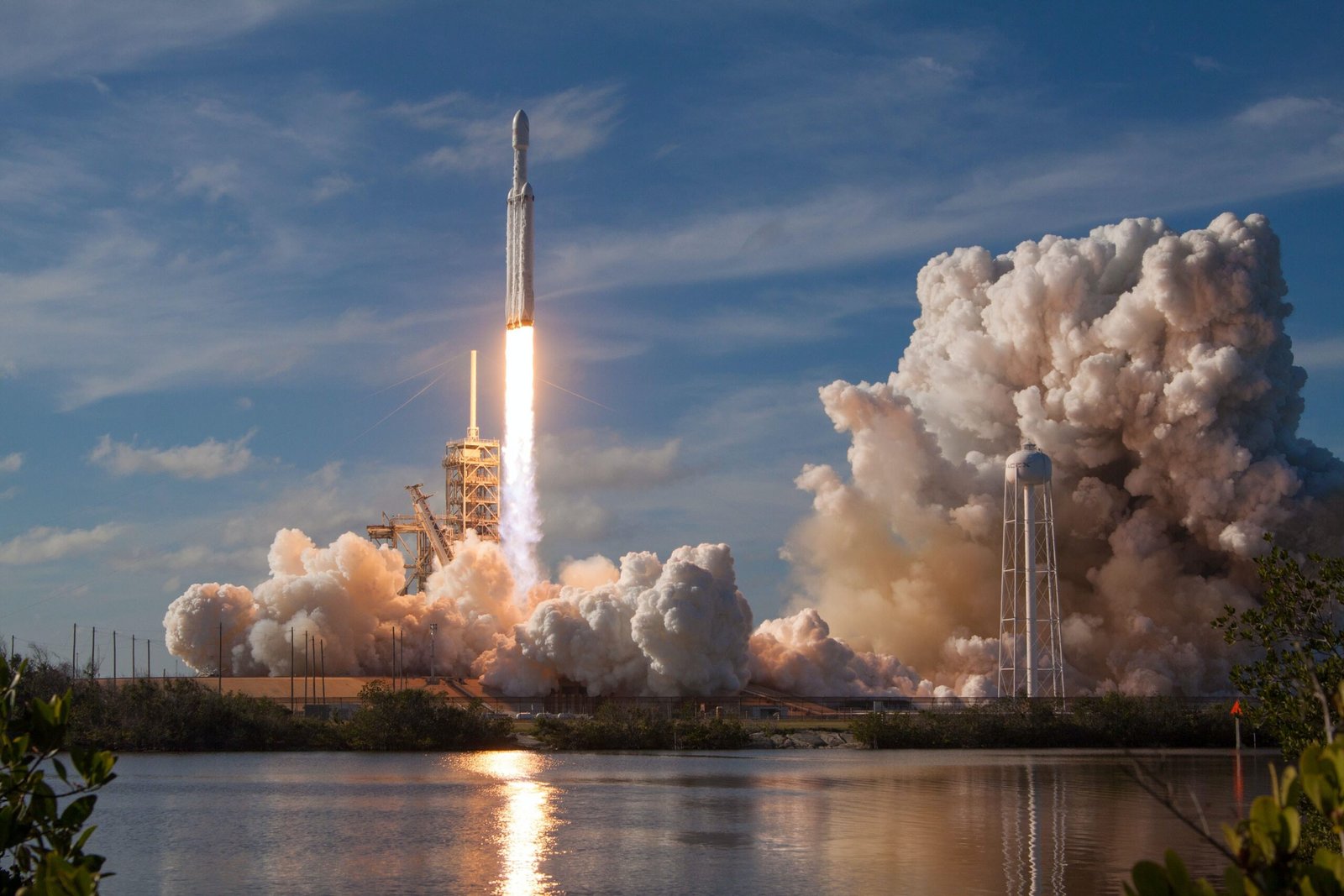Since the dawn of space exploration, nations around the world have been captivated by the mysteries of the cosmos. The desire to explore and conquer the final frontier has sparked a new space race, with countries vying for cosmic dominance. In this article, we will explore the key players in this race and their ambitious plans for the future.
The United States
The United States has long been at the forefront of space exploration. With NASA leading the charge, the country has achieved numerous milestones, including landing astronauts on the moon and launching the iconic Hubble Space Telescope. However, in recent years, the US has faced increasing competition from other nations.
Under the Artemis program, NASA aims to return astronauts to the moon by 2024, this time with the goal of establishing a sustainable presence. This ambitious plan includes the construction of the Lunar Gateway, a small space station in lunar orbit, which will serve as a staging point for future missions to Mars and beyond.
Russia
Russia has a rich history in space exploration, dating back to the days of the Soviet Union. The country was the first to launch a satellite, Sputnik, into space in 1957, and later sent the first human, Yuri Gagarin, on a journey around the Earth. Today, Russia continues to play a significant role in the space race.
Roscosmos, the Russian space agency, has its sights set on the moon as well. The Luna program aims to send robotic missions to explore the lunar surface and pave the way for future human missions. Additionally, Russia is developing the Federation spacecraft, a next-generation crew vehicle capable of transporting astronauts to the moon and beyond.
China
China has emerged as a major player in the space race in recent years. The country’s space agency, CNSA, has made impressive strides, including landing a rover on the far side of the moon and launching its own space station, Tiangong.
China has set its sights on Mars, with the Tianwen-1 mission successfully reaching the red planet in February 2021. The country plans to send a rover to explore the Martian surface, marking a significant milestone in its quest for cosmic dominance.
Private Companies
It’s not just nations that are competing in the new space race. Private companies, such as SpaceX and Blue Origin, have also entered the fray. Led by entrepreneurs Elon Musk and Jeff Bezos, respectively, these companies are revolutionizing space exploration.
SpaceX, in particular, has been making headlines with its reusable rockets and ambitious plans for Mars colonization. The company’s Starship spacecraft aims to transport humans and cargo to destinations throughout the solar system, including Mars.
International Collaboration
While there is fierce competition in the space race, there is also a growing trend towards international collaboration. The International Space Station (ISS) serves as a prime example of nations coming together to explore space.
Looking ahead, there are plans for international cooperation in future lunar missions. NASA’s Artemis program envisions collaboration with international partners, including Europe, Japan, and Canada, to establish a sustainable presence on the moon.
The Future of Cosmic Dominance
The new space race is heating up, with nations and private companies pushing the boundaries of what is possible. As technology advances and ambitions grow, we can expect to see even greater competition in the years to come.
However, it is important to remember that space exploration is not just about dominance. It is about expanding our knowledge, pushing the boundaries of science, and inspiring future generations. Whether through competition or collaboration, the exploration of space will continue to captivate our imaginations and drive us forward.



































